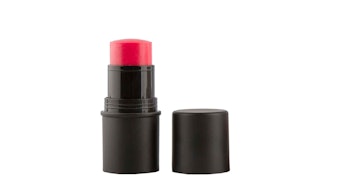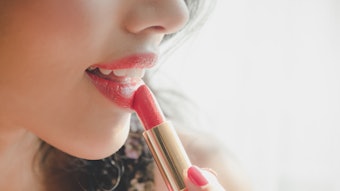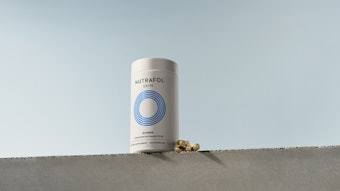Pregnancies offer a host of worries for expectant mothers. For nine months, the developing fetus is subject to everything that absorbs into its mother’s body. Her diet, environment and lifestyle all affect every stage of natal development; common knowledge dictates that what she eats, drinks and is exposed to all contribute to the health of her child. The same can be said of what she puts onto her skin.
The skin is the body’s largest organ and first line of defense against disease and the environment. Alhough it has developed defenses against external insults—such as melanin in response to UV radiation—the skin is permeable and as such, it absorbs chemicals, vitamins and minerals, among other materials. In fact, pharmaceutical companies have leveraged this exposure route, devising patches to deliver nicotine and birth control into the consumer’s bloodstream.
Formulators must be careful to consider this route of exposure as they design personal care products, especially those for expectant mothers. This task becomes challenging as ingredients are called into question either from real safety concerns, or being blacklisted by interest groups. In either case, they are undesireable in products and on product labels.
A Conservative Approach
Taking a conservative approach to formulating for expectant mothers, Jason Rubin, MD, founding physician and medical director, and Annette Rubin, founder and president, both of Belli specialty skin care solutions, began formulating for expectant mothers with a unique strategy—by incorporating a teratology screening process.
“Teratology is the study of ingredients that are toxic to the unborn baby,” explained A. Rubin, who added that while companies tend to incorporate toxicology testing during the product development process, Belli is unique in its use of teratology.
The screening process, developed by J. Rubin, searches through millions of published medical research studies for materials that have been linked, even remotely, to birth defects. The company then formulates products omitting any of those materials.
“This system connects to all global databases and works within the specialty of teratology,” explained A. Rubin. “We completely omit any ingredients that are remotely linked to adverse effects.”
According to A. Rubin, this information is not easily accessible and a medical degree is required to interpret the information reported in these studies.
“We only work with doctors and they work closely with our chemists, giving them a list of ingredients that they can or cannot use.” In respect to this partnership, A. Rubin says a key component is in finding a formulator who can respect that mindset. “Our chemists really love the exchange of information.”
Unfounded Alarm?
Historically, consumer concern over ingredients lacking solid scientific backing has prompted a call for more regulation, and many in R&D feel that formulating with a free-form approach only perpetuates unfounded alarm. In response to this notion, A. Rubin says that the company’s primary interest is to support expectant mothers by providing them with a choice.
“The fact is that we do not know how much of a material is absorbed [and to which the fetus is exposed], so we walk on the cautious side of things; but we are not out for regulation. We [as an industry] regulate ourselves and Belli’s approach gives it unique positioning. We are not alarmist, we’re more out there to give women another option.”
Facing the Facts
In relation to building products on sound science, J. Rubin provides an example of formulating with organic and natural products. “The recent upswing of organic and natural products, especially those targeting pregnant women, may say something to the benefit of natural ingredients for an expectant mother’s skin,” says J. Rubin. “[However], there is an assumption that if you went all organic it would be safer for the baby. That’s not always true.”
According to J. Rubin, as an example, aloe vera could be linked to purgative effects, and many common ingredients like salicylic and glycolic acids and caffeine could double the risk of a miscarriage during the third trimester. While these products generally are safe for most women to apply topically, they are potentially dangerous for expectant mothers. J. Rubin concedes that further research is warranted, however Belli is not willing to take any chances.
“The research is out there. Companies must take it upon themselves to provide a safe product for consumption,” said J. Rubin.










